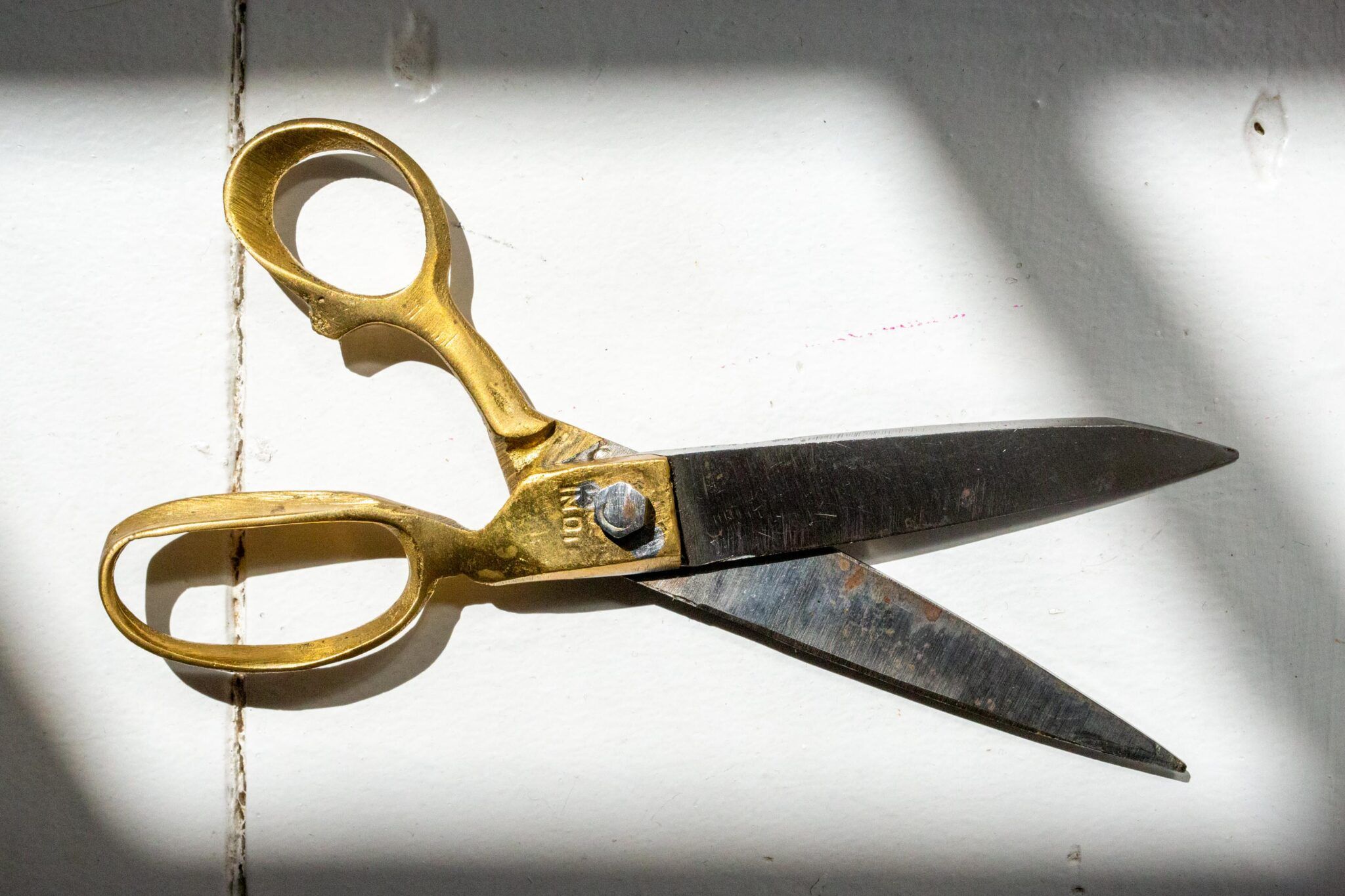I attended an event last week hosted by GlobalGiving, a non-profit organization I represent as an ambassador. They invited economist, professor, and writer, Bill Easterly, to come and talk about his new book, The Tyranny of Experts. He spoke about philanthropy and human rights, sharing stories of those in need who captured headlines only to fade out of our awareness with the next morning’s news. What I found fascinating about Professor Easterly’s presentation was his excavation of the root of action. Rather than quenching our thirst for a list of actionable items on a powerpoint slide, he directed our attention to the question, “How do we get people to care?” My takeaway from the event was simple but profound: when we care deeply, action is effortless.
I’ve been thinking a lot about Easterly’s question as it relates to life. It struck a very personal chord with me, especially as a yoga teacher, where I spend a lot of time trying to get people to care—about their practice, their breath, and their bodies. I’ve learned over the years that not everyone is going to care about what you feel they should; caring is relative to our own experience. If my teaching is not relevant to a student, it will not translate. I could put together an articulate and passionate speech about the alignment of the arms in Downdog, for example, but it might not land with a student whose practice is not motivated by alignment. Explaining how mindful mechanics can help protect the shoulder joint is perhaps more compelling when a practitioner is ready to explore how those mechanics illuminate why they might be struggling with inversions, or why they’re experiencing shoulder pain.
Since the GlobalGiving event, I’ve noticed some everyday examples that have brought Easterly’s question to life. While buying fresh pasta the other night, I watched as the guy behind the counter threw ravioli into a haphazardly constructed brown box which he then tossed onto the counter where it almost slid off the edge. He printed out the price and slapped the sticker on the box, crooked and wrinkled, and then half-heartedly handed me my order while his eyes moved on to the next customer. In his defense, perhaps selling pasta isn’t his dream job. Maybe he had had a bad day. I imagined how the experience might’ve been different if he, himself, had made the pasta—if it was his beloved Nonna’s recipe, the one he had watched her make every week for Sunday dinner. If he had poured his attention and love into each ravioli, would he have mindlessly tossed his efforts into a slightly bent brown box and then slapped it with a price tag only to hand it to his customer without making eye contact? I think not.
My observations prompted me to ask myself, what do I care about? It’s a question that at first seems redundant; after all, shouldn’t it be obvious? While my answers didn’t surprise me, the act of asking the question has brought two major truths into focus: where I place my attention doesn’t always line up with what I care about, and the quality of my attention on what I love doesn’t always reflect just how much I care. My attention is often distracted, and I’ve found it so interesting to notice that while my heart is clear about what matters most in my life, my mind needs to be constantly reminded.
Energy flows where attention goes. When I sit down to share a meal with my beloved and I reach for my cell phone to “check in,” my energy flows into the void. When I allow my mind to dwell on my fears, forecasting the worst case scenario, my energy pours into exactly what I don’t want. When I focus my attention on habits that keep me trapped in yesterday’s beliefs, my energy drains into the cesspool of stagnation.
Simply asking myself to identify what I care about has brought my answers into the forefront of my mind; rather than taking them for granted, I’m seeing my love manifest through a more deliberate application of my attention. Without effort or a whole lot of fanfare, I’ve stopped using my cell phone at home. There were no over-zealous resolutions; I just put my phone down when I walked through my front door and didn’t pick it up again. I’m now giving my beloved, my dog, and my home the energy I feel they deserve. I notice less unnecessary worrying and more resolve to focus on what’s actually happening in the present moment. Habits I’ve been trying to change for years through desperate journal entries and dramatic proclamations have started to fall away. My attention is more focused on what it is that I actually want to cultivate rather than on what it is I want to change.
What’s been equally as interesting to notice are all of the seemingly “important” things that didn’t make it on my list. Areas of my life that I had been giving a lot of attention were, at the end of the day, not as significant as I had initially assumed. Patanjali defines avidya, or ignorance, in Sutra 2.5 as mistaking the impermanent as permanent, the impure as pure, the painful as pleasurable, and the non-self as the Self. My study in attention has revealed (again) a strong pull down the path of “should.” I’ve taken a great deal of comfort in the fact that all of those “shoulds” fall away when I bring what’s truly important to me into clear focus.
I’m as grateful as ever for my yoga practice, which teaches me over and over again to pay attention. Sometimes the road feels a little harder when you flick the light on and can actually see where you are, but I feel empowered knowing that I have a choice in where I place my attention. When I connect to the things I care about, my actions flow freely and the path unfolds effortlessly before my very eyes. What do you care about? Does the map of your attention chart the course you want to take? Does your attention demonstrate how much you care? If love is demonstrated by the quality of our attention, what story does your attention tell about your life?






thank you for sharing this-once again, the most simple of ideas is the most powerful. in the world we live in where multitasking is king and the internet/smart phones constantly pull us into spiraling hole of isolation, the simple act of paying attention to what matters can shift everything. very inspiring!